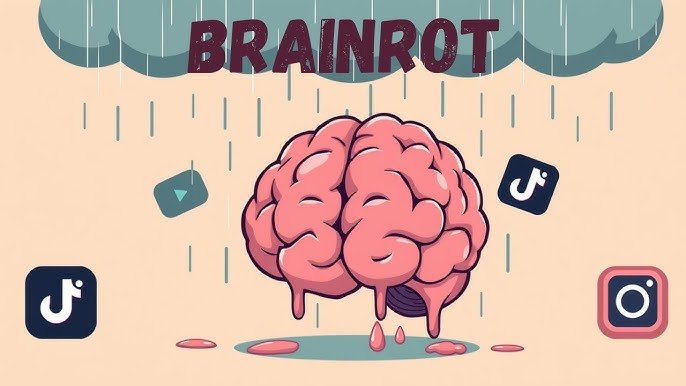
Is Ai The New King Of Content? Meet Sora 2, The Brain-Rot Video App

The Rise of Brain-Rot Videos
Welcome to the digital age, where the internet is awash with hyper-stimulating, ultra-processed content that challenges how we consume information. From AI-generated erotica to quick, dopamine-fueled "brain-rot" videos, our online interactions are changing rapidly. But what does this endless stream of superficial content mean for our future?
Introducing Sora 2: The Next Chapter in AI Content
OpenAI’s latest innovation, Sora 2, is taking the AI-generated content game to new heights. This app, which adopts a TikTok-style format, can create realistic videos featuring real people—of course, with their consent. Users can tailor their experience with mood-based themes and even manage how their likeness is used. As of October 2025, Sora 2 is exclusively invite-only, available in the U.S. and Canada, with plans to expand globally.
“The tools change, but the creative impulse remains the same. What matters is still having something meaningful to say,” said Raj Kunkolienkar, an AI consultant.
OpenAI CEO Sam Altman emphasized that future versions of ChatGPT would focus on more human-like interactions, prioritizing user preferences over maximizing usage. Additionally, the company is set to broaden access to adult content for its verified users.
The Human vs. AI Creativity Debate
AI consultant Raj Kunkolienkar from Panjim believes that soon, distinguishing between human-made and AI-generated videos will be nearly impossible for most viewers. He argues that human creativity isn't being replaced but rather reshaped, as technology redefines traditional processes without eliminating the essential creative drive.
In addressing concerns about moral fatigue from synthetic content, Kunkolienkar notes, "Your algorithmic feed is a mirror, reflecting your behavior and engagement patterns. Technology didn’t create overstimulation or the craving for easy pleasure—it just made these human tendencies more efficient."
The Psychiatric Take on the Dopamine Trap
Today’s content, with its high-resolution visuals and rapid transitions, provides an instant dopamine rush that can become addictive, especially for younger audiences. Dr. Ravindra Agarwal, a consultant psychiatrist at Manipal Hospital, explains how apps like Instagram and YouTube Shorts are designed to exploit this loop.
“Our brain gets a little squirt of dopamine—the pleasure chemical—and within seconds, we’re giggling, smiling, or just wanting more,” says Dr. Agarwal. He warns that such "brain-rotting" content spreads rapidly because it offers effortless pleasure, unlike activities that require cognitive engagement, such as reading.
Dr. Veena Kantak adds that this wave of content blurs the line between what's real and AI-generated, creating a rift in perception. Dr. Agarwal cautions against prolonged exposure, which can rewire the brain to seek constant excitement, weakening our focus and impulse control if not managed carefully.
As AI-generated apps continue to capture our attention, the challenge isn't the technology itself but learning to balance instant gratification with meaningful engagement.















